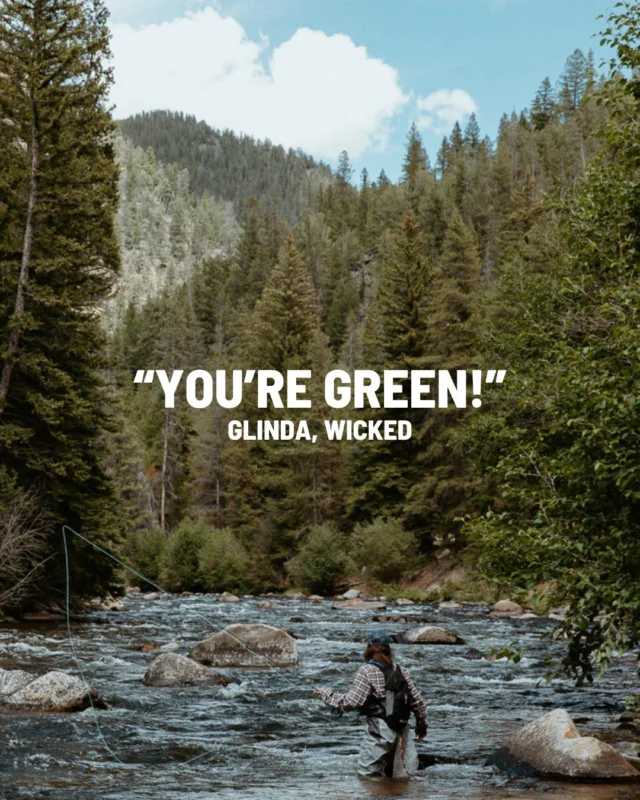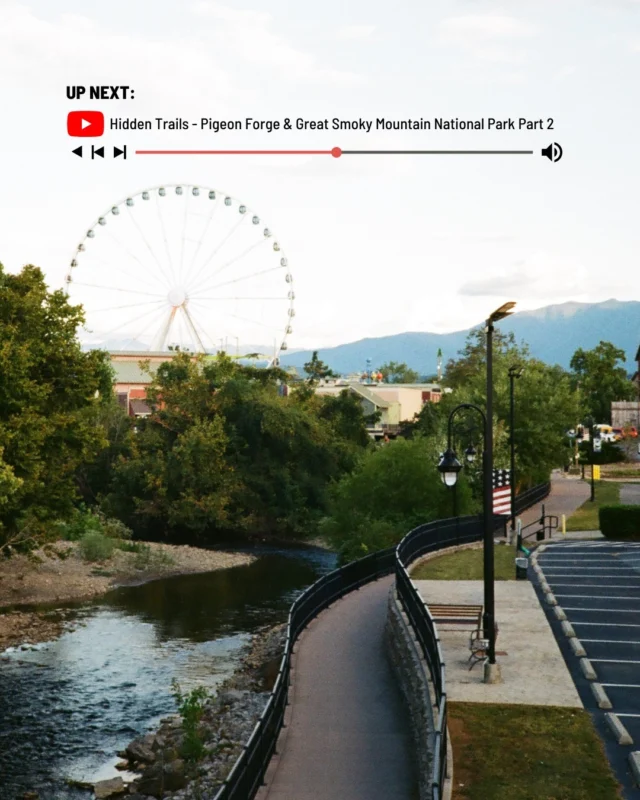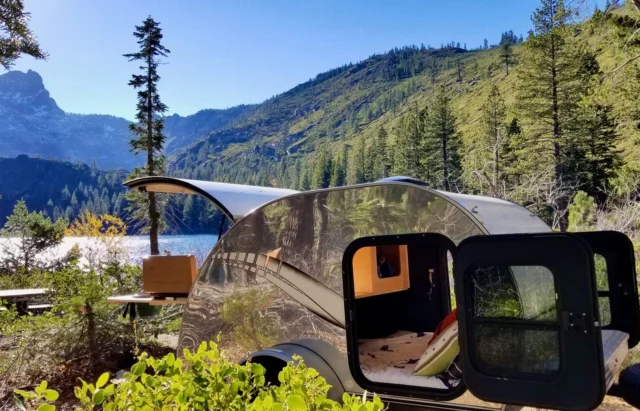
Living in an RV full-time offers incredible freedom and easy access to Arizona’s most stunning landmarks. In this guide, we’ll explore the ins and outs of full-time RV living in Arizona, including laws, expert recommendations, helpful tips, and much more.
Can You Live in an RV Full Time in Arizona?
Yes, you can live in an RV full time in Arizona, and because of its flexibility and connection to nature, the lifestyle is a popular choice for many people. The Grand Canyon State is home to a wide variety of RV parks, campgrounds, and other recreational areas, offering residents many great options and resources for full-time RV living. The majority of Arizona’s RV parks and campgrounds offer essential services such as drinking water, electrical hookups, and dump stations. Thanks to its diverse landscape, which includes deserts, mountains, and forests, Arizona is often considered one of the best states in the country for the RV lifestyle.
If you decide to pursue the lifestyle of RV living full time in Arizona, certain preparations and awareness will be necessary. The climate in certain parts of the state can be very extreme, especially during the summer. You must know how to avoid dangerous heat during your RV travels. It’s also vital that you prepare yourself with plenty of water and other supplies. That said, as long as you take the time to educate yourself and practice caution, living in your RV full-time in Arizona is an enjoyable and fulfilling option.
Rules and Regulations for RVing in Arizona
If you’re considering living full-time in an RV in Arizona, you’ll need to understand the rules and regulations. Here, we’ll cover a few of the most important rules to be aware of while traveling throughout the state in your RV.
RV Parking Laws
Generally, RV parking laws in Arizona will vary depending on the city or county. For example, in many of the state’s municipalities, you’re only permitted to park your RV on paved surfaces, and you can only keep your RV parked on the street for a certain duration of time. RVs are prohibited from parking overnight in some parks and on certain streets. If you decide to stay in one of Arizona’s campgrounds or state parks for a long time, you’ll need to check its parking rules. Many camping areas have minimum stay requirements and other regulations.
Trailer Towing Laws
When towing a trailer in Arizona, you must make sure that the trailer has functioning turn signals and brake lights. Additionally, your trailer must have proper safety chains attached to the vehicle you’re using to tow it. Arizona law also mandates that every trailer’s load must be balanced and secured at all times while it’s being towed.
Boondocking Regulations
Boondocking refers to camping outside of designated campgrounds, and it’s a very common activity for people who practice full-time RV living. When boondocking in Arizona, you’re permitted to camp on Bureau of Land Management (BLM) and U.S. Forest Service lands. However, we recommend that you camp at least 200 feet from bodies of water and avoid any sensitive areas. In some parts of the state, there is a 14-day limit for boondocking. After camping for that period of time in one spot, you must move at least 25 miles away. Additionally, all RV travelers must adhere to the Leave No Trace boondocking guidelines, which are all about preserving the natural areas and keeping the land healthy.
RV Insurance Requirements
When traveling in an RV in Arizona, you must have liability insurance for the vehicle. The exact coverage minimums vary depending on the type of RV you’re driving. If you’re living in your RV full-time, it’s also wise to have other types of coverage, such as for your personal property.
Rules for Camping on Public Land
In Arizona, the regulations for camping on public land are mostly governed by the BLM and the U.S. Forest Service. You can camp on most areas of public land, but you should keep your campsite and RV at least 200 feet away from water sources. You should also avoid areas that may be ecologically sensitive. Most public lands in Arizona have a 14-day limit for camping in one location, and all campers are required to pack out their trash. There may also be regulations regarding campfires, especially during fire season.
Full-Time RVing in Phoenix
If you decide to live full time in your RV in Phoenix, you’ll have to keep your RV parked in designated RV parks or campgrounds for long-term stays. Keep in mind that many of the city’s residential areas prohibit RVs from being parked on the street. The vast majority of RV parks in the Phoenix area offer amenities, such as water and electrical hookups. A lease agreement might be required if you intend to stay in any of these parks long-term. There may also be additional rules regarding things like noise, pets, and RV maintenance.
RVing in Phoenix FAQs
Can you park an RV anywhere in Phoenix?
No. For long-term stays, your RV must be parked at a campground or RV park. Street parking is allowed in certain areas but prohibited in many others.
Can I live in my RV on my property in Phoenix?
Yes, you can live in your RV on your property in Phoenix, but it must be parked on a paved surface and not obstruct local roads. Local ordinances and zoning regulations may also determine how long an RV can be occupied on your property.
Full-Time RVing in Tucson
Generally, the rules for RV living in Tucson are the same as they are in Phoenix. If you decide to stay in any of the city’s parks or campgrounds for a prolonged period of time, you may need a lease agreement, and you’ll need to follow the community’s specific rules and regulations.
RVing in Tucson FAQs
Can you park an RV anywhere in Tucson?
No, all long-term RV parking in Tucson must be in designated RV parks and campgrounds. Many residential communities around the city also prohibit street parking for RVs.
Can I live in my RV on my property in Tucson?
Yes. Although living in your RV on your property is subject to local zoning regulations and ordinances, it may be allowed, as long as you keep your RV parked on a paved surface and do not obstruct the road.
How to Live in an RV Full Time
Living in an RV full time can be an exciting adventure, but it requires careful planning to ensure a smooth transition. To receive mail while living the RV lifestyle, you’ll want to establish a mail forwarding service. Many of these services will let you view your mail online and forward important documents to wherever you’re currently located.
If you want to vote while living in an RV full time, you’ll need to maintain a permanent address. This can be a family member’s home or an address provided by your mail forwarding service. Having health care is also essential for RV living. One option is to use telehealth services for minor and routine medical care. You can also carefully select a health insurance plan that accommodates frequent travel. If possible, it’s prudent to have local doctors that you trust in several areas of the state. To ensure that your RV living adventure goes smoothly, you should invest in some type of reliable internet access, such as a mobile hotspot. These days, just about everything in the world is done online, and having consistent access to the internet will make your life far more convenient.
Types of Properties You Can Live on Full Time in an RV
• Long-term campgrounds: There are many long-term campgrounds around Arizona that allow you to stay in your RV for prolonged periods.
• Public land: There are areas of public land, such as those administered by the BLM, where RV travelers can live long-term.
• Your own property: As long as you follow local ordinances and zoning regulations, you can live in your RV on your own property.
• Mobile home parks: Each mobile home park in Arizona has its own rules, but some of them allow RVs for full-time living.
RVing in Arizona FAQs
Can you sleep in an RV while driving through the US?
Passengers in RVs can sleep while traveling in the United States, but they must wear seatbelts and remain in proper seating areas.
What is the new RV law in Arizona?
The Arizona Supreme Court made an important ruling in early 2024. This new law prevents those living in RVs and motorhomes from protecting their homes through the homestead laws that protect other types of homes. As a result, it is now much harder for those living full time in their RVs to keep their homes when they’re in debt. This is important to be aware of if you’re considering full-time RV living in Arizona.
Is it legal to live in an RV full time in Arizona?
Yes, as long as you obey local and state laws, it’s legal to live in your RV full time.
Can I park my RV on my property in Arizona?
As long as you park on a paved surface and do not obstruct the street, you can park your RV on your property in Arizona. However, certain communities may have their own rules regarding RVs.
Can I buy land and live in an RV in Arizona?
Yes, you can purchase land and live in your RV in Arizona as long as you follow all relevant rules and regulations. For example, depending on the location of your land, you may need to acquire certain permits, follow zoning regulations, and familiarize yourself with local ordinances. It’s worth noting that rural and agricultural properties tend to have more lenient rules regarding RV living.
How long can you stay at an RV park in Arizona?
Every RV park in Arizona will have its own rules regarding how long you can stay. Some RV parks allow for long-term stays, but others may only allow you to remain for up to a few weeks. At many RV parks in Arizona, long-term stays require lease agreements.
If you enjoy adventure, freedom, and exploring new places, RV living full time in Arizona could be an adventure of a lifetime. Arizona has much to offer, from bustling cities like Phoenix to breathtaking national parks, mountain ranges, and deserts. If you’re interested in this lifestyle, you may want to rent an RV in Arizona first. This will allow you to try out RV living and see if it fits you well. You can also check out some of the most RV-friendly cities in the country, of which Phoenix is one. You must also take the time to educate yourself on the requirements and challenges of RV living. Knowing what the RV lifestyle entails will make the experience much smoother and more fulfilling.






